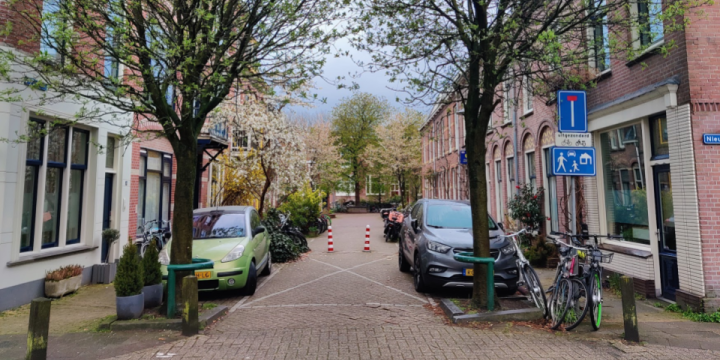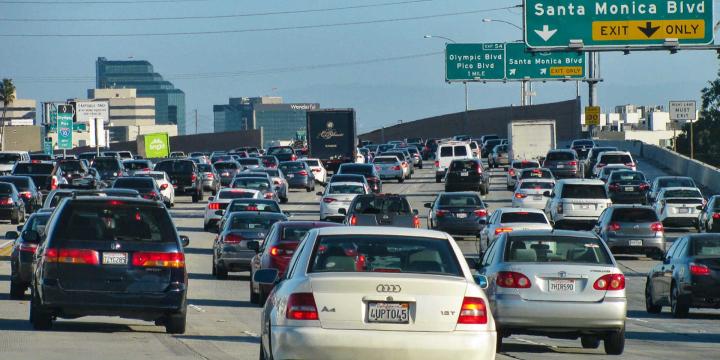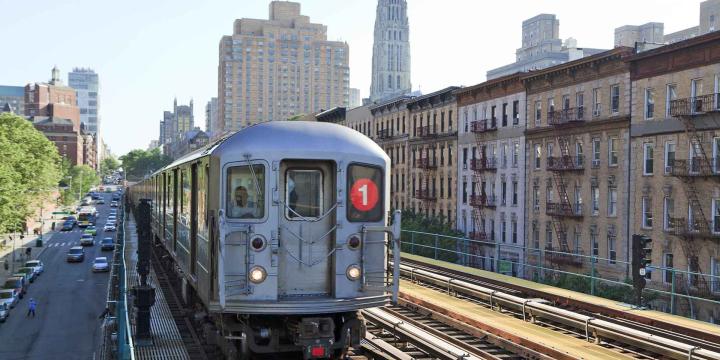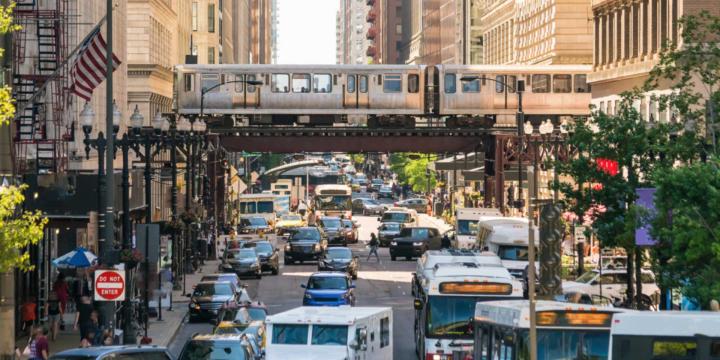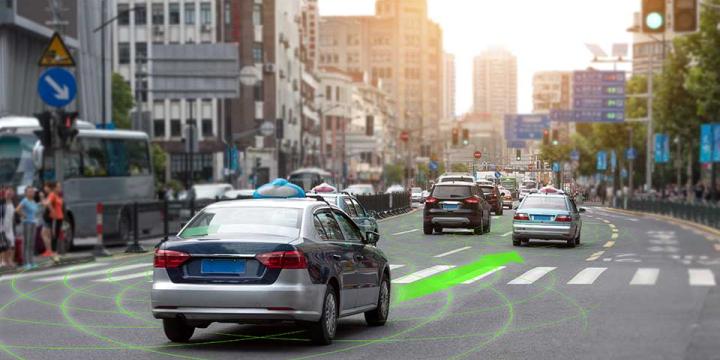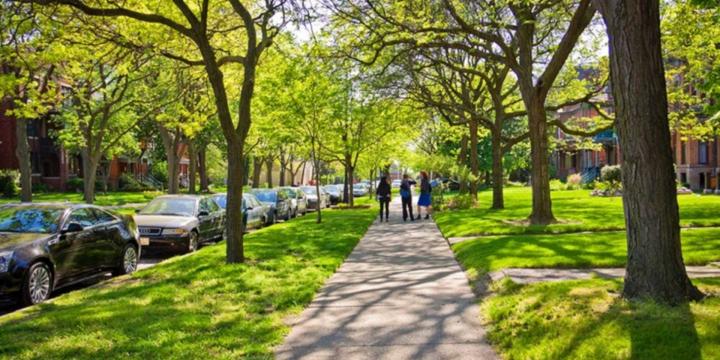All Parking Courses
Walkable City 2: The Useful Walk
New
Learn the principal components of “the useful walk,” how zoning can create walkability and increase housing density, and why visual components are key to a walkable city.
Walkable City 1: Why Walkability?
Jeff Speck explains his five principal reasons for building more walkable places — Economics, the Environment, Public Health, Equity, and Social Cohesiveness — arming practitioners with a full range of arguments in favor of pro-walkability planning.
The Good Street: A New Methodology for Balancing Place and Flow
International urban design consultant Lennart Nout explains the Dutch method for balancing conflicts between urban vibrancy and traffic flow and between different modes of transportation.
Good Speed by Design: A Network Approach to Traffic Calming
Lennart Nout explains how to slow down car traffic with a comprehensive, network-level approach that goes far beyond just speed bumps.
Green Infrastructure
This course defines green infrastructure, highlights its types and benefits, discusses monetary valuation and financing, and explores its role in addressing climate change, equity, and technological change.
Planning Commissioner Training
The new "Planning Commissioner Training" series offers citizen planners a chance to learn the tools to make a positive impact in their communities (available as a separate subscription).
Introduction to Transit Oriented Development
Few terms are as common in the discussion of city and regional planning in the 21st century as transit oriented development (TOD)—the planning and designing of high-demand land uses at or near highly efficient modes of transportation.
The Right Price for Curb Parking
Setting the right price for on-street, curb parking, requires a thorough understanding of the theory and practice of demand-based pricing.
Traffic Congestion, Part One: Sources and Responses
Explore the sources of traffic congestion while also examining common preconceptions that inform how planners and policymakers respond to the challenge of reducing congestion, for better or worse.
Parking Benefit Districts
Parking Benefit Districts may be the simplest, cheapest, and fastest way to improve cities, stop subsidizing congestion, protect the environment, and promote economic and social justice by managing curb parking as valuable real estate.
The High Cost Of Minimum Parking Requirements
In The High Cost of Free Parking, course instructor Donald Shoup argued that minimum parking requirements subsidize cars, increase traffic congestion, pollute the air, encourage sprawl, increase housing costs, degrade urban design, prevent walkability, damage the economy, and penalize people who cannot afford a car.
Donald Shoup Explains Parking Reform
Donald Shoup, distinguished research professor in the Department of Urban Planning at UCLA, is shown in this video making a typically funny and engaging presentation at CNU 27 Louisville in 2019. In the presentation, Shoup lays out the key aspects of the parking reforms from his seminal book, The High Cost of Free Parking (2005) and the follow up, Parking and the City (2018).
Transportation Planning: Principles and Practices of Transportation Finance
This course explains principles of transportation finance and reviews the general structure for funding transportation projects. Learn about the history of U.S. funding, from strong local funding to state and federal involvement to regional funding sources.
Transportation Planning: Making Transportation Plans—Rationality and Politics
This course explains the major forms of planning applicable to transportation, including rational comprehensive planning, strategic planning, policy analysis, incremental planning, advocacy planning, and communicative planning.
Transportation Planning: Strategies for Working with Roadway Capacity
This course explains the menu of contemporary approaches to modifying or adding to transportation capacity. It provides examples of capacity responses to regional mobility for commuters and local accessibility for communities.
Transportation Planning: Travel Behavior Principles and Modelling Approaches
This course provides an overview and critique of the four-step model used in transportation planning. By the end of this course, viewers will be able to conceptualize how transportation models can address contemporary problems in transportation planning, such as transit-oriented development.
Transportation Planning: Land Use and Transportation Systems
This course includes a brief history of how land use and transportation have co-evolved over the last 150 years and reviews the roles of transportation systems and technology in influencing land value and locational decision.
Transportation Planning: Effects on the Environment, Health, and Social Justice
This course discusses the local and global impacts of transportation systems and the mitigation of those impacts. The course also identifies prospects for change, as achieved by technology, transportation management, and pricing.
Transportation Planning: The Role of Transportation Systems in Social and Economic Life
By the end of this course, you will have a strong understanding of the way in which transportation systems interact with society and the economy.
The Ethics of Disruptive Transportation Technologies
This course discusses the process for making ethical decisions as part of planning for disruptive technologies.
Planning for the Autonomous Future
This course will cover emerging forms of digital transportation, with a specific focus on smart, connected, autonomous vehicles.





